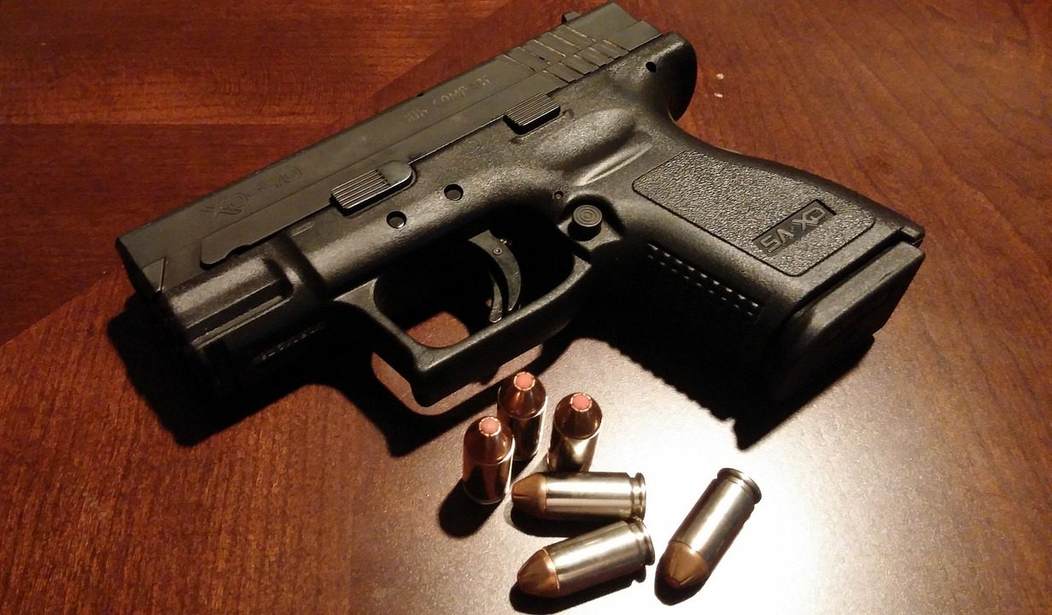Guns made by licensed manufacturers are required to have serial numbers. This is so they can be tracked and traced, which is why some want to ban so-called ghost guns. Those firearms aren’t required to have a serial number and so, at least as some tell it, they can’t be traced.
Yet a lot of guns that originally had serial numbers have had them obliterated in some manner, making tracing impossible as well. This, however, is illegal.
Not anymore, at least for one man.
A federal judge in West Virginia has ruled that a federal ban on possessing a gun with its serial number removed is unconstitutional, the first such ruling since the U.S. Supreme Court dramatically expanded gun rights in June.
U.S. District Judge Joseph Goodwin in Charleston on Wednesday found that the law was not consistent with the United States’ “historical tradition of firearm regulation,” the new standard laid out by the Supreme Court in its landmark ruling.
The decision came in a criminal case charging a man, Randy Price, with illegally possessing a gun with the serial number removed that was found in his car. The judge dismissed that charge, though Price is still charged with illegally possessing the gun after being convicted of previous felonies.
Price’s lawyer, Lex Coleman, called the decision “thoughtful, measured and accurate.” A spokesperson for the office of U.S. Attorney William Thompson in Charleston, which is prosecuting the case, said the office was “reviewing the ruling and assessing options.”
The logic argues that since serial numbers weren’t required in the 18th century when the Second Amendment was written, you cannot require serial numbers today.
That meets the text and history test laid down in Bruen, to be sure.
With that said, I have mixed feelings about this.
On one hand, I’m glad to see lower courts following the Bruen guidance. A lot of them seemingly ignored Heller through the years, but Bruen may have changed the landscape sufficiently that they simply can’t do that anymore.
Yet on the other, when serial numbers are removed, it typically means a stolen gun and without the serial number, there’s no way to return the firearm to its original owner.
That means this may hurt law-abiding gun owners while empowering criminals.
I’m pretty sure that one of those “unintended consequences” I tend to mention a fair bit. That applies to any move, even ones I generally agree with and support.
Now, with that said, I’d rather deal with this than the plethora of gun control laws that we currently see and have to deal with, so it’s not like I’ll be talking about Bruen being a mistake or anything.
It should be noted that the individual in this case was accused of doing more than just having a gun with the serial number removed.
He’s apparently a convicted felon who was in possession of a firearm–which shows that yes, the serial number was removed because it was stolen–and that is still going to land him in prison. This is no champion of gun rights or anything of the sort.
Still, it’ll be interesting to see if there are any ramifications to this decision down the line. The judge’s decision isn’t binding beyond this particular case, but if the U.S. Attorney does appeal this decision and the Fourth Circuit upholds it, it would be precedent throughout West Virginia, Virginia, Maryland, North Carolina, and South Carolina. Will Merrick Garland risk that chance, or will the Justice Department take the loss, especially since the defendant is going to prison regardless?








Join the conversation as a VIP Member